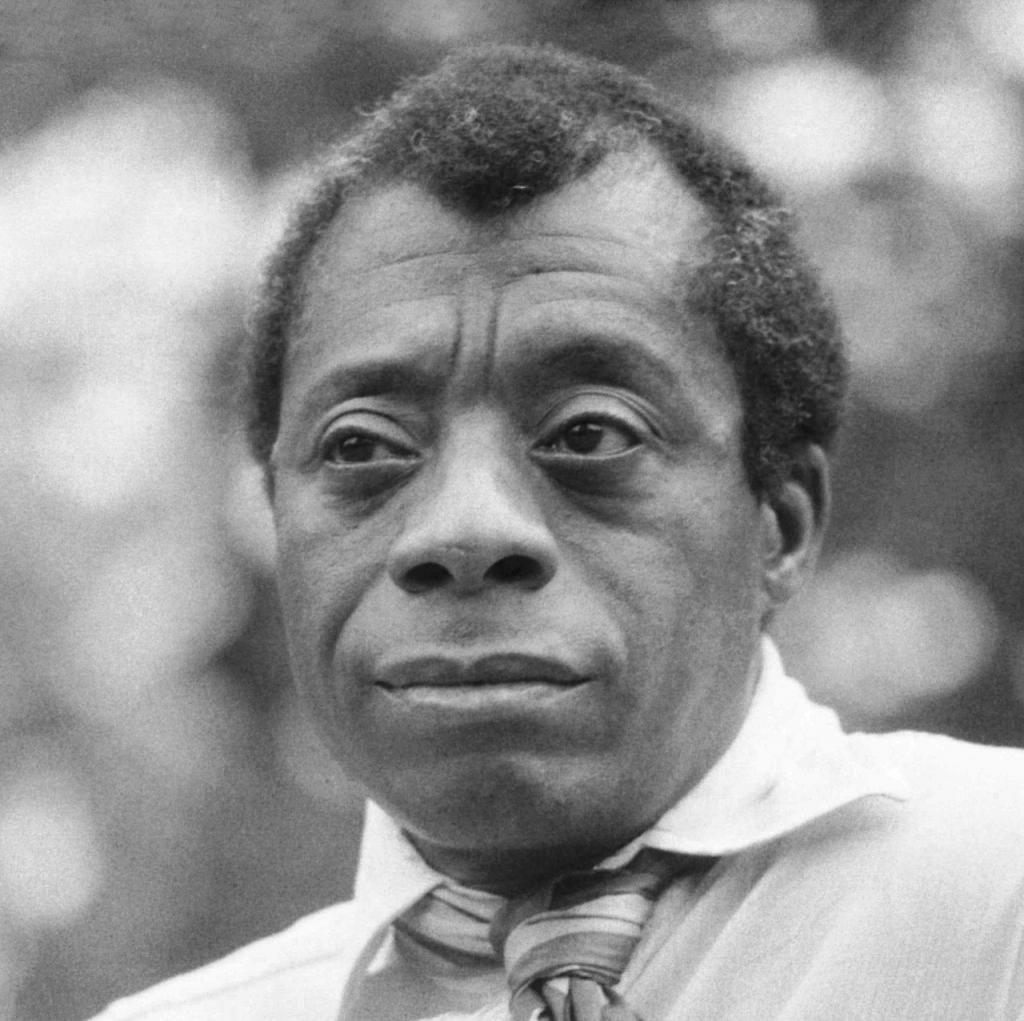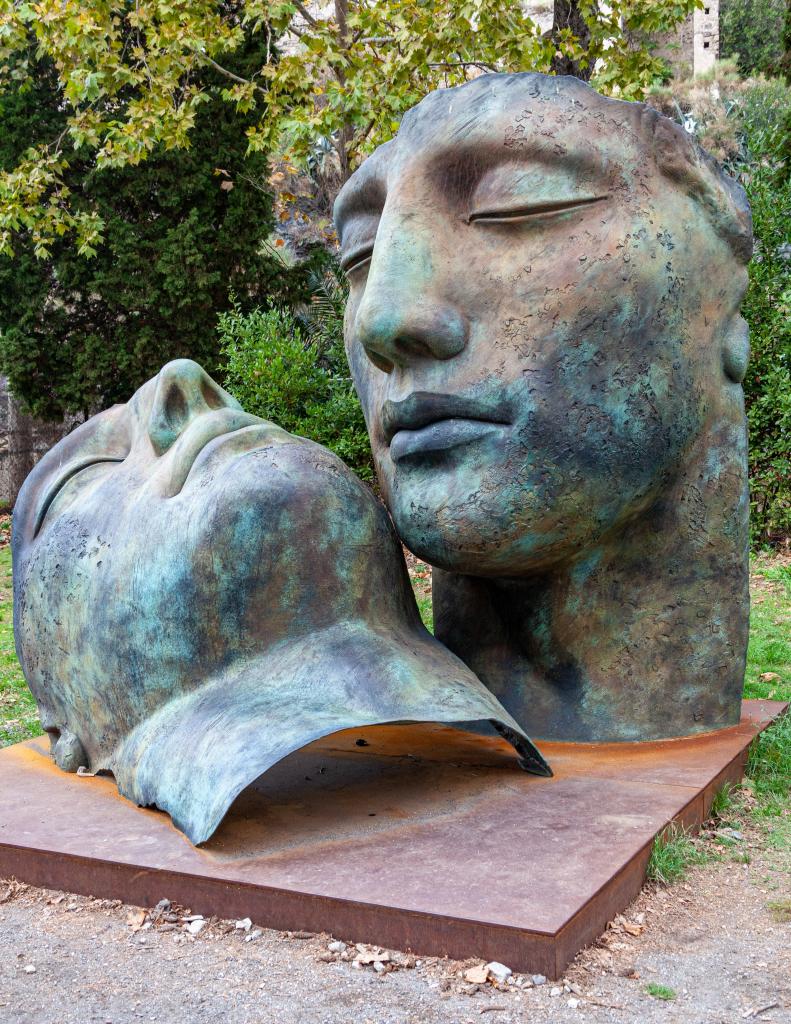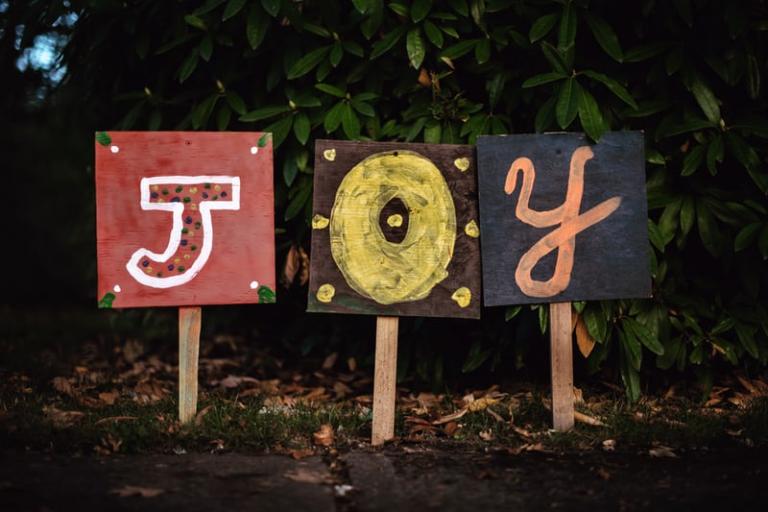“Absolute attention is prayer.” -Simone Weil
“This is the first, wildest, and wisest thing I know: that the soul exists and that it is built entirely out of attentiveness.” -Mary Oliver
The Issue of Time
Catherine McNeal, with a baby on the way, managed to get some time away from her other 2 children to attend a Christian conference. She describes listening to a speaker passionately drive home his point about prayer, insisting that at least an hour in solitude and silence per day were essential “if we have a genuine commitment to knowing God.” “There I was,” she wrote, “ground to a halt once again…This simple suggestion of solitude…stole my breath away.” She mused how she couldn’t remember a time when she went to the bathroom by herself, let alone get an hour of solitude. The experience left her feeling inadequate and excluded from her own spiritual life.
The narrative that solitude and silence are the only way to access union with God is a prevalent one that leaves more than just mothers feeling like their prayer life is always falling short. As I pondered this dilemma, one small passage in the New Testament came to me and threw the solitude and silence formula for a loop. Pastors like the speaker Catherine listened to tend to overlook two jolting words in 1 Thessalonians: “Pray unceasingly.”
If indeed solitude and silence are the main requirements in our prayer lives, then we must all become monastics to make this baffling command fit into our lives. Clearly, that’s impossible. Not everyone can be a monastic and as Saint Paul wrote those words to the Thessalonians, he wrote them to a thriving community of people with jobs and families – not monastics. If we are to pray unceasingly, we’re going to have to re-think the fundamentals of both prayer and time.
Mothers, like nearly everyone else in our culture, operate from a position of scarcity regarding time. As Rabbi Abraham Joshua Heschel says his book The Sabbath, “Time to us is…a slick treacherous monster with a jaw like a furnace incinerating every moment of our lives.” We view time as a resource and one that is limited; there is never enough. We even see this woven into our very language. We have, waste, lose, need, take, and spend time – all verbs pointing to a scarce resource that is to be possessed.
When I became a mom, I became more protective than ever about my time and more annoyed whenever it was infringed upon. If someone takes away a piece of my time that I do not budget for them, I’m afraid I do not respond well, at least internally. I don’t remember the last time I felt like I had plenty of time to accomplish all my tasks. I don’t remember ever viewing time as an abundant resource, a mindset I know is a product of our larger culture.
Mothers especially seem to have a shortage of time and in my conversations with other women, it is the most common reason they cite for not being, in their own eyes, an adequate contemplative. This view that time is scarce easily tips over into our emotional and spiritual lives. “Not enough” soon becomes “not good enough.” With not enough time, we cannot do enough, be enough, accomplish enough to satisfy the perceived expectations of our culture. Guilt manifests as the next step in this emotional drama. Setting aside time for solitude and silence is just one more thing left unchecked on our long list of to-dos.

In my journal, I once wrote, “I have struggled lately with my own sense of worthiness, especially since Leo was born. If I am not doing, not progressing, not producing something I can show the world, I feel worthless. If my time is spent and I cannot give proof, a receipt of its use, I feel without value.”
It’s clear that something in our perception of time and prayer must shift in our culture, and in her book Radical Optimism, Beatrice Bruteau offers an opportunity to piece this puzzle together in a beautifully new way. She points to the shortcomings of seeing spiritual practice as just another “to-do” and offers instead the mindset of “Sabbath consciousness.” She explains: “[Spiritual exercises] will not ‘produce’ union with God, and they don’t have to, because our being united with God is something God does, not something we do, or, if you prefer, because we were always united with God and cannot not be. But initially, and in our hurry and busyness about many things, we don’t see that. We think that we must attend ceremonies, practice virtues, perform ascetical exercises, accept correct doctrines and pray the right prayers, in order to attain an intimate relationship with God.” In other words, spiritual practice is not necessarily something we have to set aside time to accomplish, but is simply a shift in our own consciousness to allow in What Is in each moment.
I once heard a Jewish woman speak about the practice of sanctifying time. She spoke to a small group of other women and told us how her faith has taught her an alternative way to view time. “Time cannot be possessed or conquered,” she told us. “We enter into holy time and leave it almost as we do a room.” To her, time is not a resource to have and lose, but a construct to live into and experience. Truly living within time is the essence of our very reality and is a powerful tool for this “Sabbath consciousness.” As Beatrice Bruteau explains: “The present moment is the intersection of eternity with time, and when our consciousness is stayed on this, it rests and finds peace, because it is released from the fantasies of the ego and is in touch with reality.” (Radical Optimism p. 23)
I’m reminded of the time I spent last January with Richard Rohr and other students of The Living School. As Father Richard gave us instructions for a walking meditation in nature, he encouraged us, as we walked, to find a small landmark ahead of us on the path – a fallen log or a certain stone – and tell ourselves that once we pass that landmark, everything beyond it is sacred. With the decision to shift our consciousness, the world presents itself to us in a deeper, more sanctified way. Just as we can choose to shift our perception of space and our physical surroundings in this walking practice, we can change our consciousness regarding time.
My friend Amber told me how this simple shift in perception worked powerfully in a crazy moment of motherhood. For a bit of background, Amber adopted her first baby and two months before he was due to enter her life, she found out she was pregnant. About 10 months later, she was with her two babies; her 8-month old boy cried for a bottle while her 1-month old daughter wanted to nurse. Her husband and mother-in-law have just left the house and Amber needed to figure out how to hold, feed, and comfort two babies at one time. She had just finished reading Abraham Joshua Heschel’s book The Sabbath, so she chose to mentally step back from the craziness of the moment and look at it as a sacred moment rather than resist it and harbor feelings of resentment. She allowed the craziness and she watched her feelings of stress rise, but she chose to see that moment in time as sacred and then experienced it as holy and beautiful.
This practice of stepping into time with an altered state of awareness, or “Sabbath consciousness” is one that is always available to us as mothers, even if we cannot get precious time for solitude and silence or traditional contemplative prayer. We can choose to enter time as we do a room and experience it fully. Set a landmark in time – after 30 seconds or when you walk out a door – then choose to see everything within the next 20 or 30 minutes as sacred. You may see sacred tantrums, sacred play, sacred laughter, and even sacred anger; it is all infused with the Holy. It is the very attentiveness and allowing of what is which becomes our prayer. Allowing what comes to come, giving it our absolute attention, and letting it go as the next moment comes with its own dose of Reality is how we will let go of our possession of time and instead experience it. In this way, we will pray unceasingly.
Dani Walker Kreutter lives and works in Uganda where she consults on soul care and the inner life to keep organizations and individuals doing their best work. She is the mother of a beautiful 2-year old boy. You can find her blog and photography documenting her travels, work, and reflections at For The Love of Wonder.











